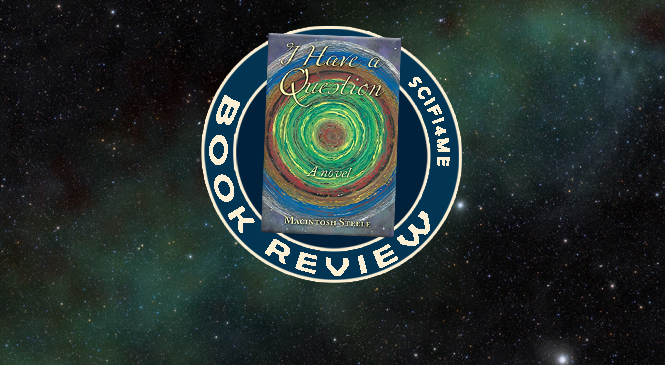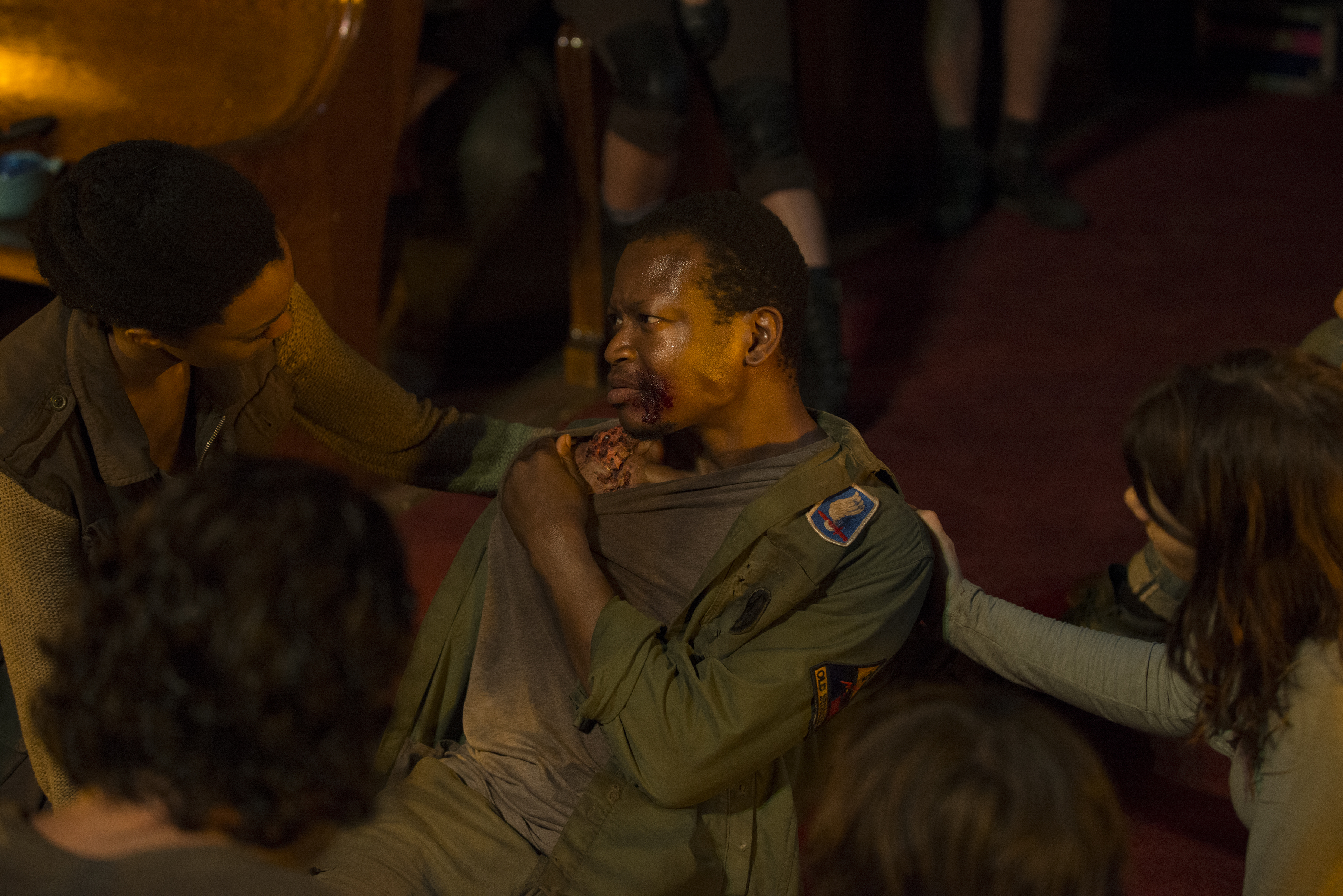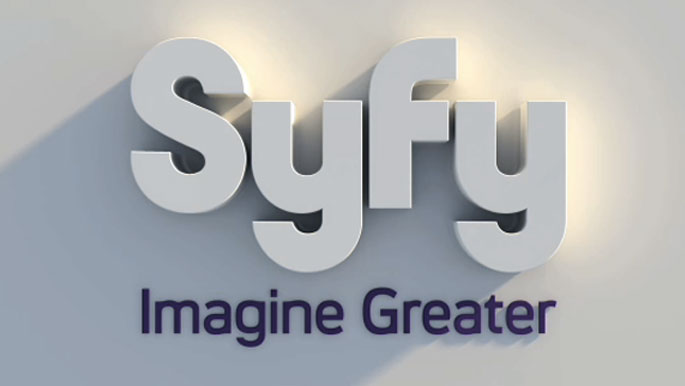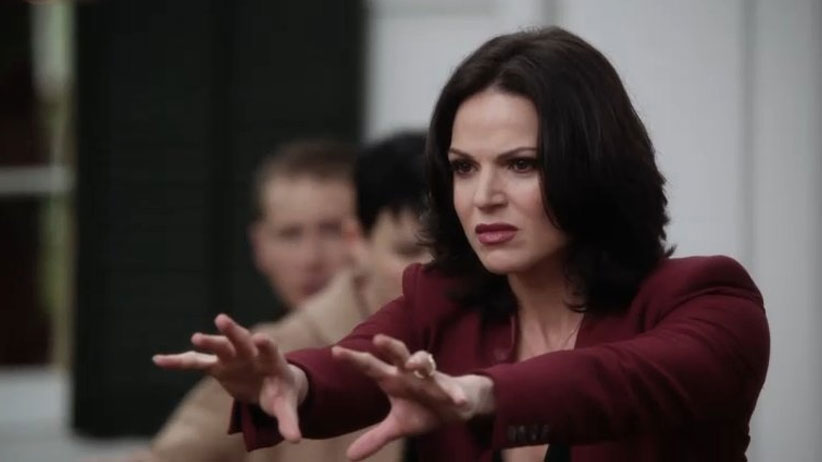Book Review: I HAVE A QUESTION, Sadly, Not Worth Asking

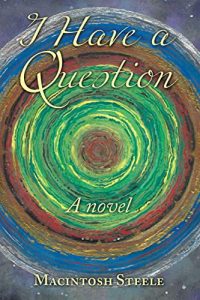 I Have a Question
I Have a Question
Written by Macintosh Steele
Published by AuthorHouse
February 14, 2023
Paperback, 238 pgs.
There is an old piece of advice given to new writers over the years: “Write the kind of story you want to read,” it says. And Macintosh Steele has done just that, it would seem.
In our conversation on Live From The Bunker, Steele mentioned that he’s not a big fan of dialogue, that it slows the story down and makes it tough to get through. So when he writes entire passages describing conversations without using actual dialogue, he’s writing the kind of book he wants to read, I guess.
The thing is, most readers want the dialogue. It actually helps a scene flow because it breaks up the monotony of long expository passages that, while they accomplish the same goal, are a slog to get through. There’s more “tell” than “show” when it’s done this way, and that makes things very much a challenge in a work of narrative fiction, so much so in this case that I couldn’t finish the book.
That’s a rare thing. I generally tough it out and finish what I start, but in this case, I just couldn’t do it. The book is almost all expository narration with very little “show” instead of “tell” and hardly any dialogue outside of long-winded speeches by one character or another.
The basic premise: two warring peoples, humans and the Quagga, have finally negotiated a peace treaty with the help of one Admiral Jenki. And just as they’re about to sign the accord, both sides discover a heretofore unknown planet astride the border between their two spheres of influence. The appearance of this planet is such a threat to the peace — because each side doesn’t want the other to build a secret base there — that both factions decide to destroy it. Mind you, it hasn’t even been explored yet, and when the two fleets arrive at the planet, they discover that it’s not a planet at all, and there’s a single inhabitant.
Old Man, as he’s called, is a being of tremendous power and knowledge, having existed before the universe itself, and living through the various cycles of life and death as the universe expands and contracts over billions of years. And he’s now on a mission to prevent invaders from a previous cycle from destroying the current cycle.
And that’s as far as I got. I imagine the rest of it is a journey followed by combat of some sort. Or maybe negotiations. Or something.
On the face of it, the core idea has some merit: two warring factions make a discovery that threatens the peace. But to immediately jump to the option of destroying an entire planet just to make sure the other side doesn’t put a base there? That’s preposterous. Unless you can justify it in the narrative, which Steele doesn’t. There’s no reason presented in the book, for the humans and the Quagga to decide to destroy this flat planet that isn’t really a planet. As far as I can tell from the expository narration, it’s an arbitrary decision. And that’s not how things work.
There’s a lot of arbitrariness in the narrative, things that happen because they have to happen to advance the plot. But nothing’s earned. Things just happen. And then something else happens. And then this other thing happens because it has to happen in order for this thing to happen. And it’s described in what I want to call passive voice — straightforward description of the action without any dynamism.
That lack of dynamism extends to the characters as well. At no point in this book — at least as far as I got — was I given any reason to care about anyone in the narrative. If I’d had a little emotional investment in one or two characters, I might have stuck it out and finished the book. But no. I was bored out of my skull, and constantly shaking my head because things just don’t work that way if you want the reader to be fully on board with what you’re selling.
All of this could have been discussed with his editor, if Steele had actually had an editor. Instead, he made a first-time author rookie mistake: he used a vanity press to publish his book.
AuthorHouse is not a traditional publishing house, and there are articles on Writer Beware as recent as December 2023. Folks, if you’re writing your first book (or your fifty-first), you should never ever ever pay someone to publish your book. There are too many other options out there now for self-publishing. If you’re going to spend that kind of money, hire a good editor first. And then find someone who can build your book in whatever format is needed to publish it through Amazon or B&N or wherever else you make your book available. Or you can polish it enough to submit to a publishing house like Baen or Tor, and maybe they pay you to publish the book. But you should never pay to have your book published. Run far away from these companies.
![]()

